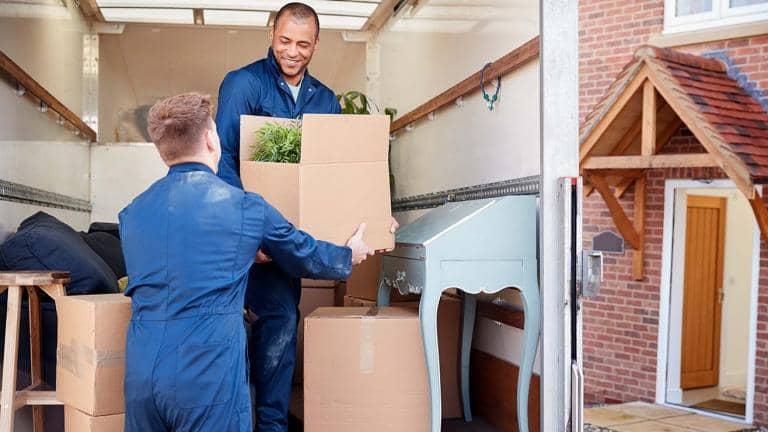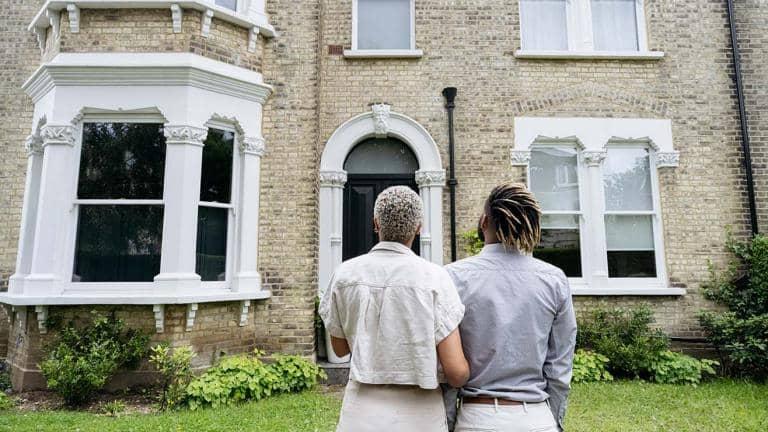How much do you need to save?
There’s no easy answer to this, since everybody’s circumstances are different. But, in a nutshell, it’ll help to save as much as you can.
Why? The more you can put down as a deposit, the less you’ll need to borrow – which reduces the amount of interest you pay back.
It will also help get you a better rate of interest on your mortgage.
- Is there a minimum target?
In most cases, yes – five per cent of the price of the home you want to buy. This is because the biggest mortgages you can currently get are for 95% of a property’s value. In the main, these loans are part of the Government’s mortgage guarantee scheme, and you can apply to borrow up to £570,000 for a house or £275,000 for a flat.
So for a rough minimum target of what you’d need, take the average house price in the UK. It stood at £269,945 in September 2021, according to HM Land Registry.
This means you’d need to save up a minimum deposit of five percent of this price - around £13,500.
- What about an ideal deposit size?
There’s no ideal or recommended amount to aim for since everybody’s financial situation will differ.
But a useful rule of thumb shows that, for every five percent of your property price you manage to save as a deposit, you’ll be eligible for a cheaper mortgage rate.
So a 10% deposit will secure you a cheaper mortgage rate than if you have just five per cent. And a 20% deposit will be cheaper than if you’ve 10%, and so on.
For the average UK house price, a 10% deposit would mean a £27,000 savings target. For 20%? Aim for £52,000.
- How long will it take to save enough?
This is the biggest question for most – and the answer will depend entirely on you, your finances and personal situation. For example, if you’re buying with a partner and already have savings, it’ll take a lot less time than if not. Your first step is to be pragmatic with your personal finances, so ask yourself these two questions:
-How much can you realistically afford to put side each month? The more you can save, the quicker you’ll hit your target.
-Will you have enough in your account to cover a monthly standing order? If you can set this up to go out of your account shortly after your payday, it’ll help ensure you get quickly into a savings habit.
Once you’ve worked out the answer to the first question, you’ll be able to get a feel for time taken.
As a benchmark, let’s return to the £269,945 average house price and 5% deposit target of £13,500.
Say you want to buy in three years, then you’d need to save around £375 a month. Take a longer view and aim to buy in five years, then it’s £225 a month instead. Don’t forget you’d earn interest on top of the amount you saved, which could get you to your goal quicker - especially if savings rates rise.





